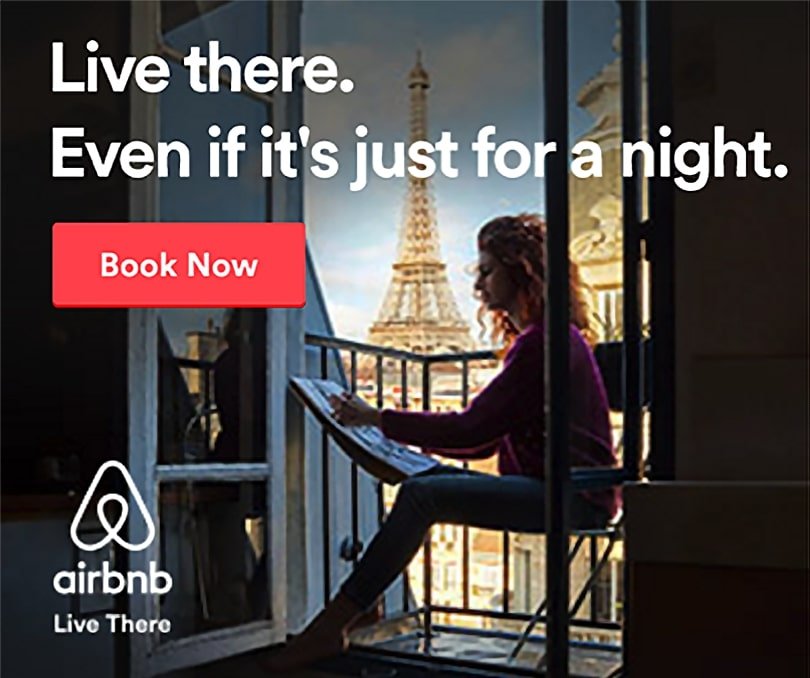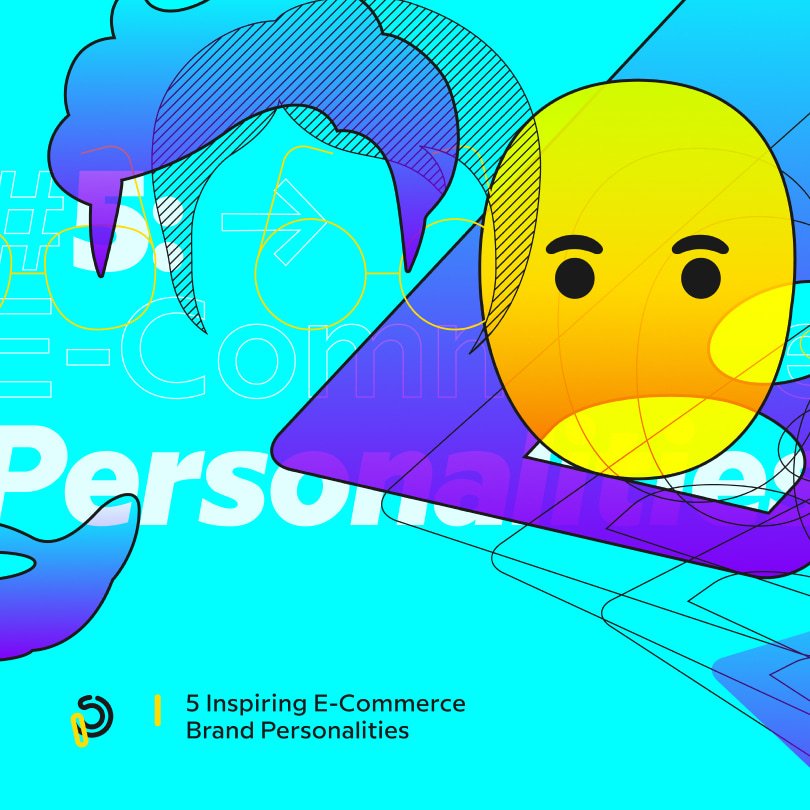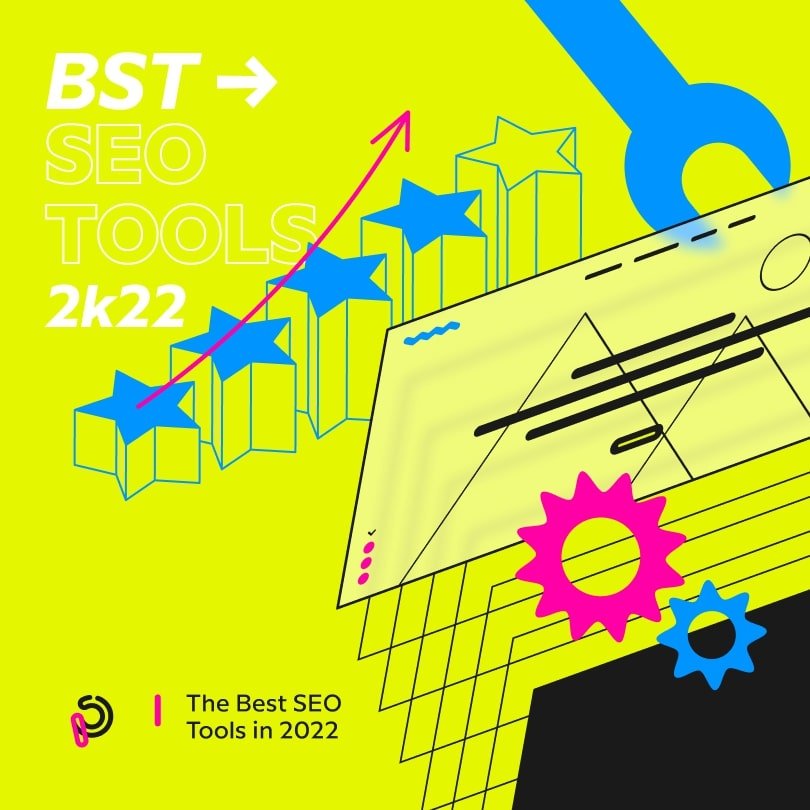Commerce no longer relies on shopping malls and large enterprises to be efficient and attract customers. Nowadays, you can open your web browsers and explore a world of various retails and businesses that match your needs and preferences.
Although e-commerce originates from the early 80s, its growth surged during the pandemic and will reach 6.54 trillion USD in 2023. It has evolved, becoming more personalized, sophisticated, and diverse.
As a result, it’s possible to find products from different industries online and opt for those that align with your values and identity. That’s why entrepreneurs invest substantial time and resources into understanding their target audience and deciding the best brand personality.
If they fail to do that, their e-commerce might come across as erratic or send conflicting messages. According to HubSpot, consumers are most frustrated with inconsistent brand messaging.
That could imply that a business doesn’t stand for anything in particular or lacks a stable identity. Yet, customers love shopping from brands with distinct personalities that match theirs and promote similar beliefs, values, and attitudes.
What is E-Commerce Brand Personality?
A brand doesn’t solely consist of a log or website visuals. It is the sum of its external and internal elements, including taglines, colors, tone of voice, and mission.
Business leaders and marketers develop branding strategies to build a relationship with customers and guide their perceptions and expectations. Hence, they can set the framework that controls how people see and remember their brand.
E-commerce is no different. Online business owners must determine brand values, goals, and personality. That way, they differentiate their stores from their competitors, making their products and services unique.
Thus, developing a brand’s identity is an efficient way to connect with potential customers, clarify your goals, what you’re committed to, and how your offer improves lives. But this element also ensures that people love your business as a whole, not only your products.
Brand personification gives it distinctive human qualities. It gets its own voice, vibe, and other relevant attributes that elicit intense emotions and make it memorable.
Thanks to that, you’ll stimulate loyalty and make it easy for like-minded consumers to resonate with your brand. However, approximately 12 million – 24 million e-commerce sites exist globally, and more are built daily.
How do you choose your brand personality and stand out among millions of other online companies?
How to Define Your Brand Personality?
Deciding your brand personality might seem like a thrilling undertaking, but it doesn’t always come naturally, and it takes time and an in-depth understanding of your target audience. Here are the top five tips on how to do determine your company identity:
Discover Your Audience’s Archetype
According to Carl Jung, archetypes are universal themes of human life, symbolize our fundamental motivations, and drive our objectives and desires. Jung identified 12 types, including caregiver, explorer, and hero.
Your target audience also shares similar archetypes, which could help you understand their needs more accurately and align your brand personality. The first step towards identifying this element is deciding their demographic characteristics, behavioral tendencies, and psychographic characteristics.
Identify Your Brand Role
Understand how your brand affects the lives of your customers. What does your business do for your target audience?
For example, you might inspire them, teach them, or become leaders. Consider your contribution to your customers’ daily activities and how your products or services help them solve their problems to understand your brand function.
Analyze Your Competition
Research the market and identify your primary competition. Evaluate what makes your competitors unique, how they present their brand, and how consumers perceive them.
Determine the most common archetypes of e-commerce with similar products and services to understand how to differentiate your business and take a different approach.
Choose Your Core Brand Adjectives
Organize a brainstorming session with your team and define the most accurate adjectives to describe your brand. Think about what you want your company to be and how you hope to change your customers’ lives.
Perhaps you see your brand as sustainable, thrifty, or uncluttered. Consider your values and align them with relevant words that resonate with your target audience.
Create a Mood Board
Another way to describe your brand is to visualize the most suitable adjectives and create a mood board. That could help you determine your personality more accurately and understand how to highlight your core qualities.

Top 5 Inspiring Brand Personalities
According to Dr. Jennifer Aaker, American behavioral scientist, there are five brand personality dimensions: sincerity, excitement, competence, sophistication, and ruggedness.
Sincerity
Brands that come off as sincere are genuine, down-to-earth, and reliable. Customers find it easy to trust them due to their steady ethical code and commitment to addressing community concerns.
These e-commerce stores are transparent regarding their practices and policies, avoiding uncertainties. They stay away from vague concepts and ensure customers and employees know what to expect from them.
Moreover, these brands typically stand for social causes their target audience cares about and strive to protect the environment and people. Because of that, they will rarely be at the center of controversies and scandals.
People love these brands because they understand the importance of being straightforward and working for the greater good. These e-commerces typically care about sustainability and avert from actions and messages that cause unnecessary consumption.
That way, they inspire their consumers to stand up for their beliefs, care about the community, and make a change in the world.
Best example: Patagonia
Patagonia is an American retailer of outdoor clothing and silent sports gear. Its founder, Yvon Chouinard, is an environmentalist committed to social issues and preserving natural habitats.
It’s no surprise that its consumers perceive Patagonia as a significant role model for environmental activism and sustainability.
Excitement
If you see your e-commerce as imaginative, youthful, and daring, excitement might be your core personality. These brands are edgy and like to push the limits of what people see as possible or controversial.
They often use colorful visuals and unusual logos to express their inspiring identity and motivate consumers to take action. Thus, exciting e-commerces often use marketing strategies that portray them as adventurous and put them in unexpected circumstances.
But these brands also tend to participate in music events, sports competitions, and bold expeditions. That way, they inspire consumers to take risks and immerse themselves in audacious activities.
Best example: AirBnB
Airbnb invites people to live in the home of locals and feel at ease, far away from their comfort zone. This brand strives to make its customers feel like they could belong anywhere.
Thus, they often portray unusual experiences that trigger the need to live authentically and break the routine.

Competence
Brands that convey competence are efficient, trustworthy, intelligent, and responsible. They typically achieve this personality by creating well-performing products and services and having a steady position on the market and in society.
E-commerces from this category use bold fonts and colors that elicit confidence and trust, such as white and blue. Moreover, its brand ambassadors come off as experts. Thanks to that, consumers perceive them as credible and professional.
Competent brands inspire passion, ambition, and innovation in people.
Best example: Amazon
Amazon is a perfect blend of sincere and competent brand personalities due to being one of the most trustworthy companies globally. It’s reliable e-commerce with undeniable leadership qualities.
Thus, this brand continuously keeps up with changes and stays ahead of the competition, inspiring consumers to be driven and hardworking.
Sophistication
Consumers perceive sophisticated brands as upper class and luxurious. They are high-end, glamorous, and a tad pretentious.
Because of that, these brands are common in the luxury industry and are known for their high prices. E-commerce that fall under this category use simple visuals, thin fonts, and pastel colors.
Consumers associate them with upscale settings, charming environments, and tender frameworks. Hence, these brands usually inspire people to be more sensual and indulge themselves.
Best example: Gucci
Gucci is a prestigious brand that thrives on being sexy. But it is also highly refined. They provide high-quality products and thrive on innovation and eclecticism.
As a result, Gucci inspires consumers to feel progressive, influential, and elegant.
Ruggedness
Brands that fall under the ruggedness category tend to be masculine, intense, and outdoorsy. Because of that, the products are usually for men and consumers who love adventure and raw nature.
These e-commerce use dark colors and thick fonts. They also avoid delicacy and fine details due to preferring to come off as wild and untamed.
Rugged brands typically portray extreme situations and outdoor activities. Therefore, they inspire people to be fearless, embrace adventures, and enjoy nature.
Best example: Timberland
Timberland is a sturdy outdoor brand that focuses on extreme activities and exploration to evoke durability. Therefore, it inspires consumers to go after what they want and never allow anything to stop them.
A brand personality gives your e-commerce human qualities, enabling consumers to resonate with it and perceive it as genuine and authentic. It also helps you differentiate what you stand for and what makes your products and services unique.
But deciding your brand identity can be a lengthy process because it encapsulates multiple elements, including logo creation, finding your tone, and building your story. Hence, that requires a thorough strategy that provides efficient branding services.
Consider the role of your business, what it strives to be, and attributes that describe it well. That way, you’ll unlock your brand personality and discover how to connect with your target audience on a higher level.





